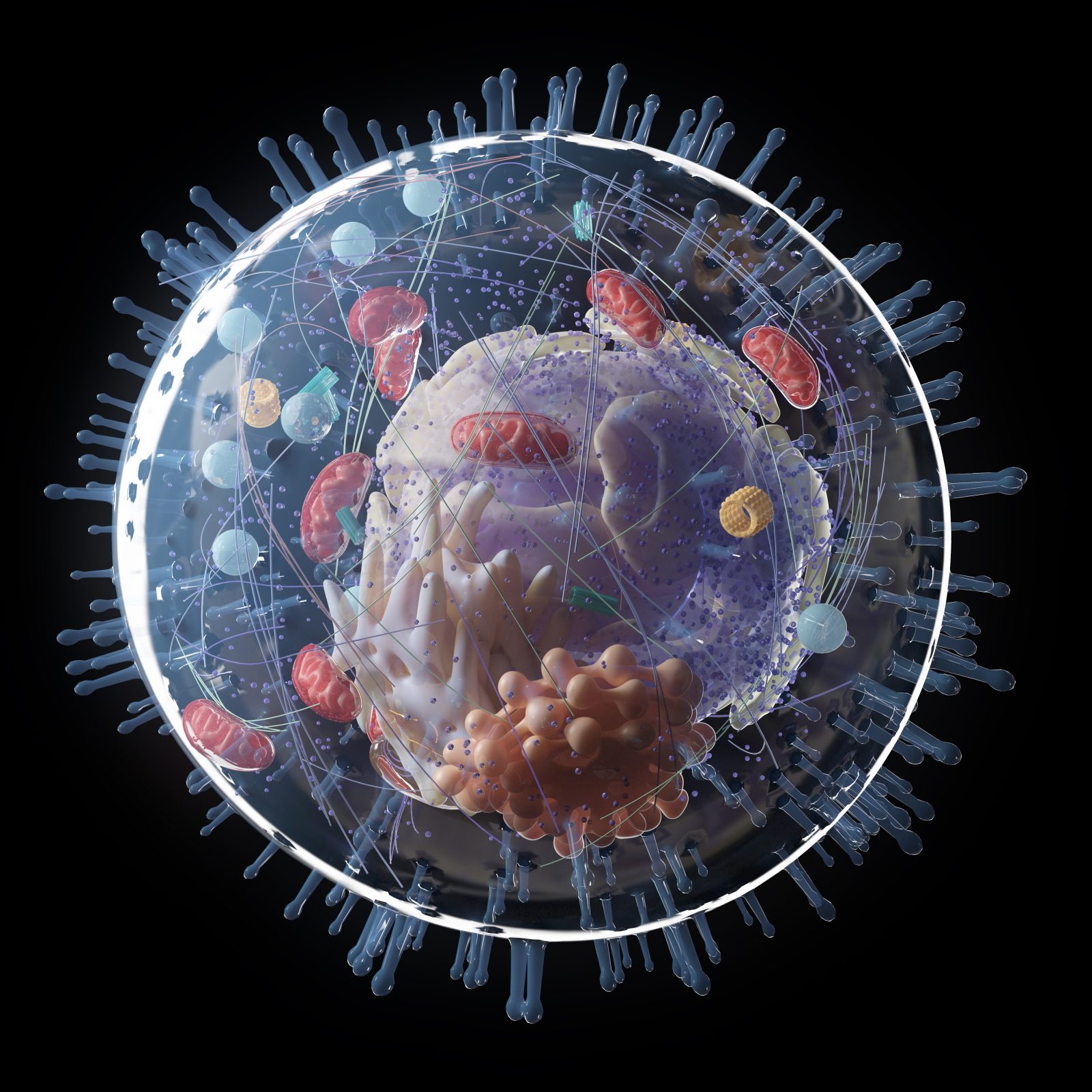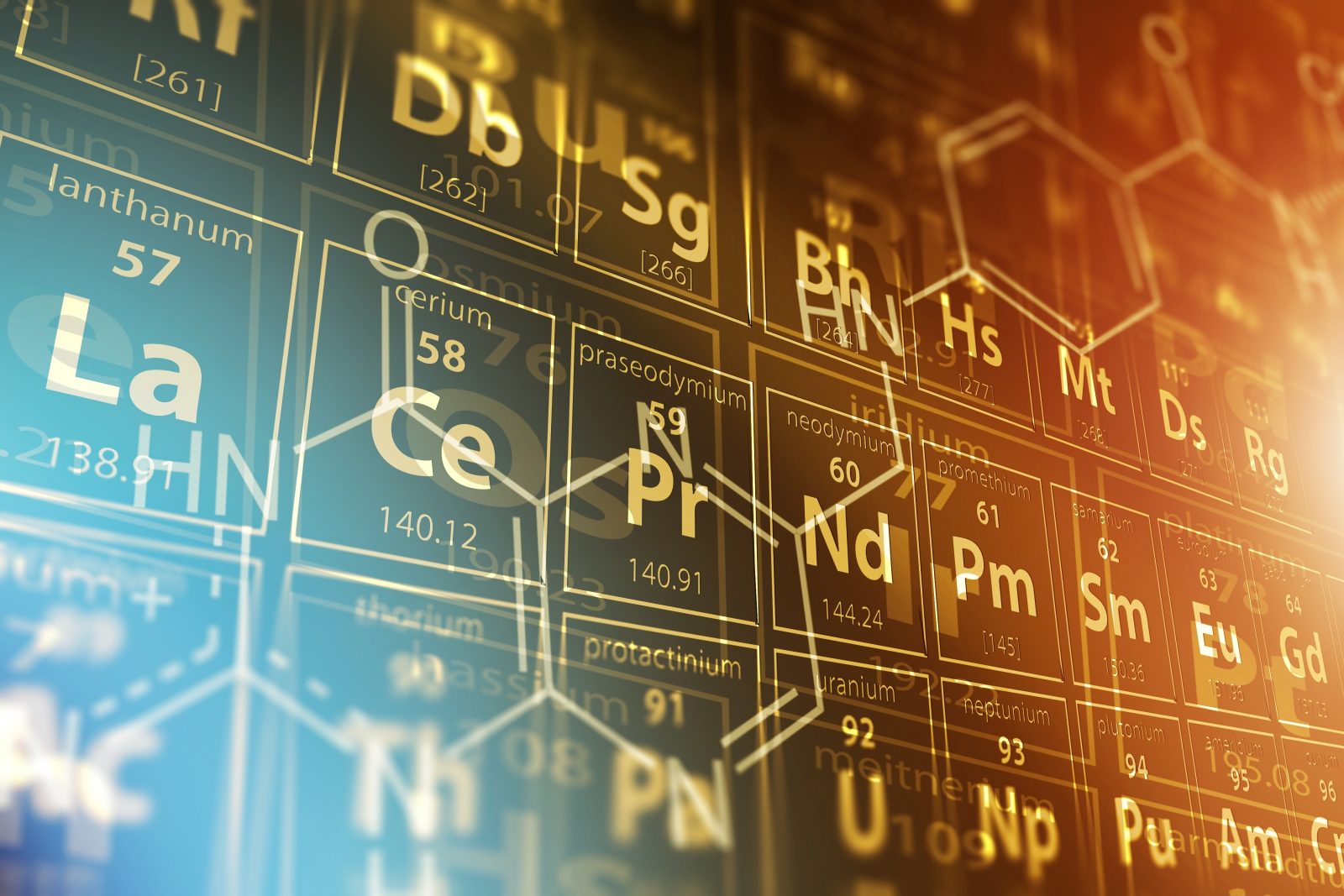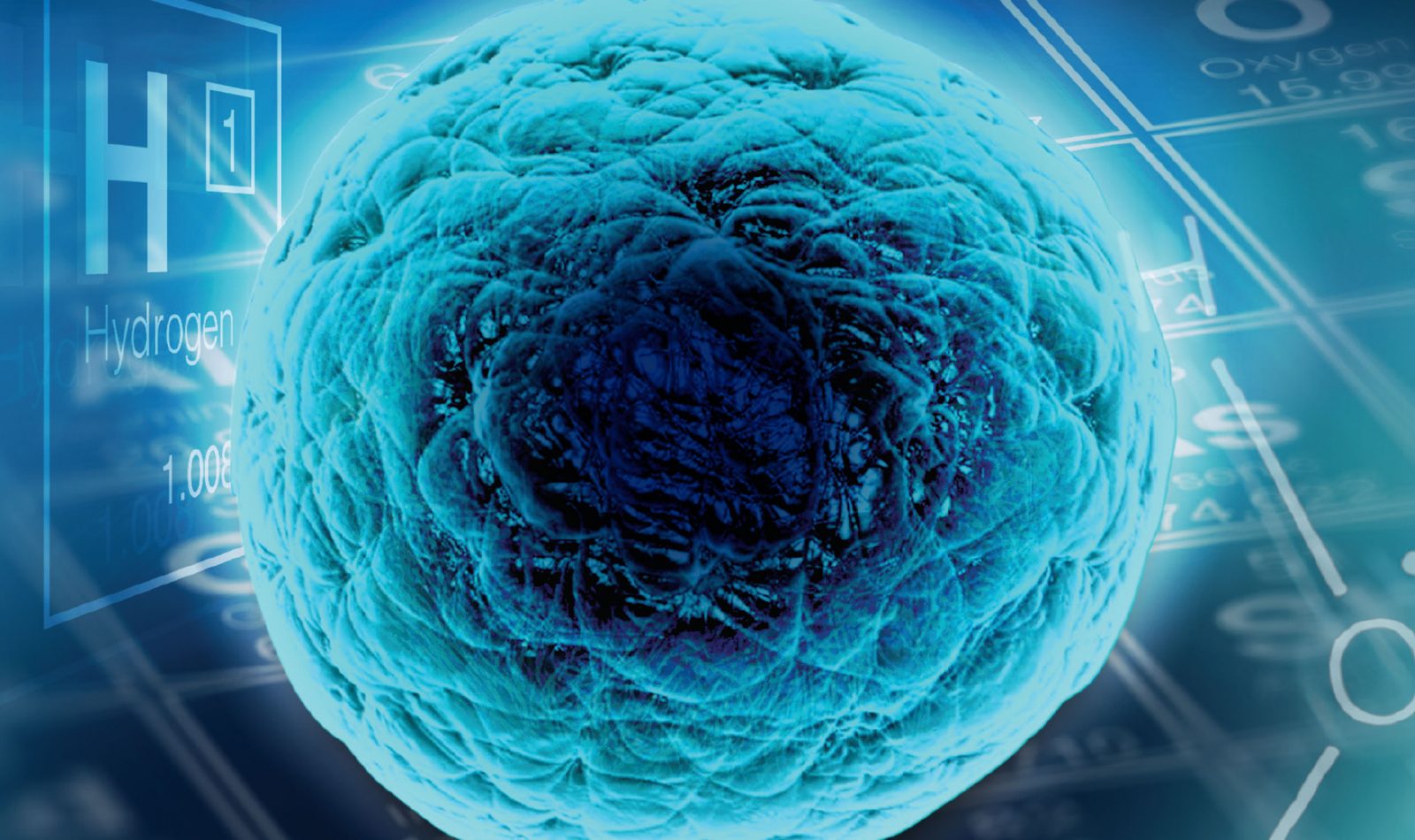
John Lennox Against the Tide of Scientism
On this ID the Future, host Stephen Meyer concludes his three-part conversation with Oxford mathematician and philosopher John Lennox on Lennox’s new film Against the Tide: Finding God in an Age of Science. Science depends on word, on logos, says Lennox, meaning the rational intelligibility of the universe. Francis Crick, co-discoverer of DNA, wished to disprove the need for God, but the language of DNA has turned out to be a signpost to an intelligence, Lennox comments, a logos, behind nature. Scientists still claim authority to pronounce against theism, but according to Lennox, such pronouncements come not from science but from a dogma known as scientism. Far from being “science vs. God,” it’s really a collision of competing worldviews. All this and more will be covered in the beautifully filmed Against the Tide, also starring Hollywood actor Kevin Sorbo, in theaters November 19. Go to https://againstthetide.movie/ to learn more and purchase tickets.








